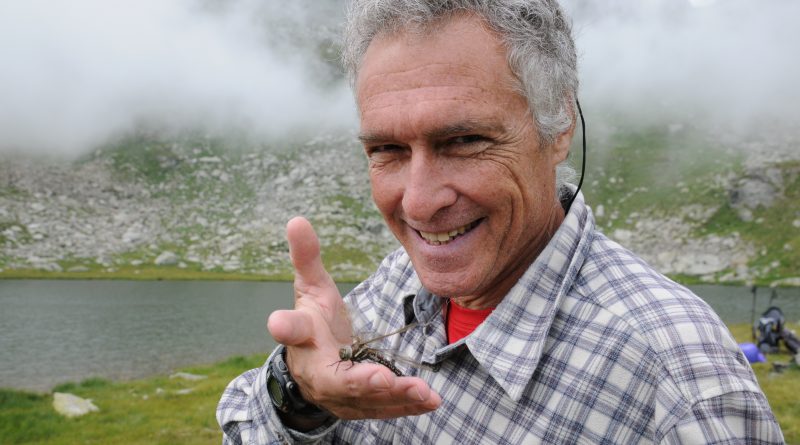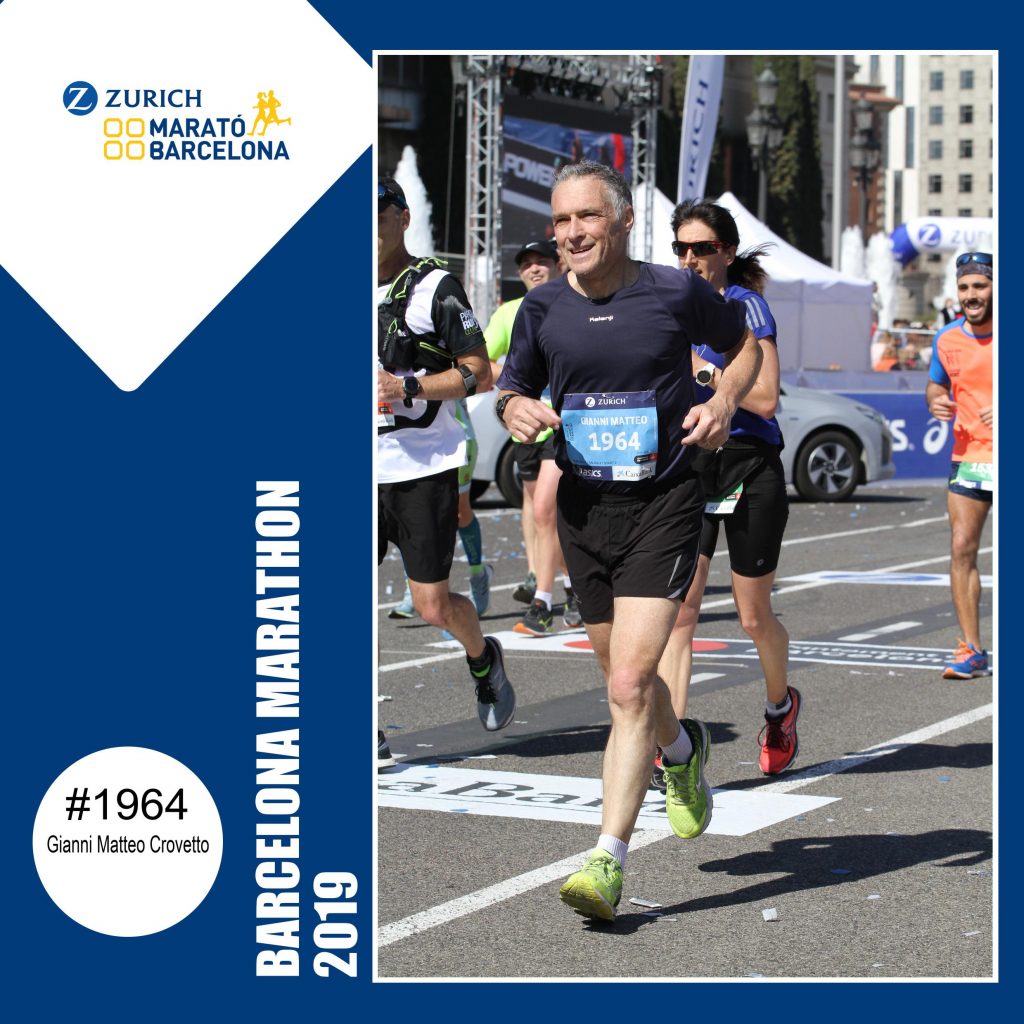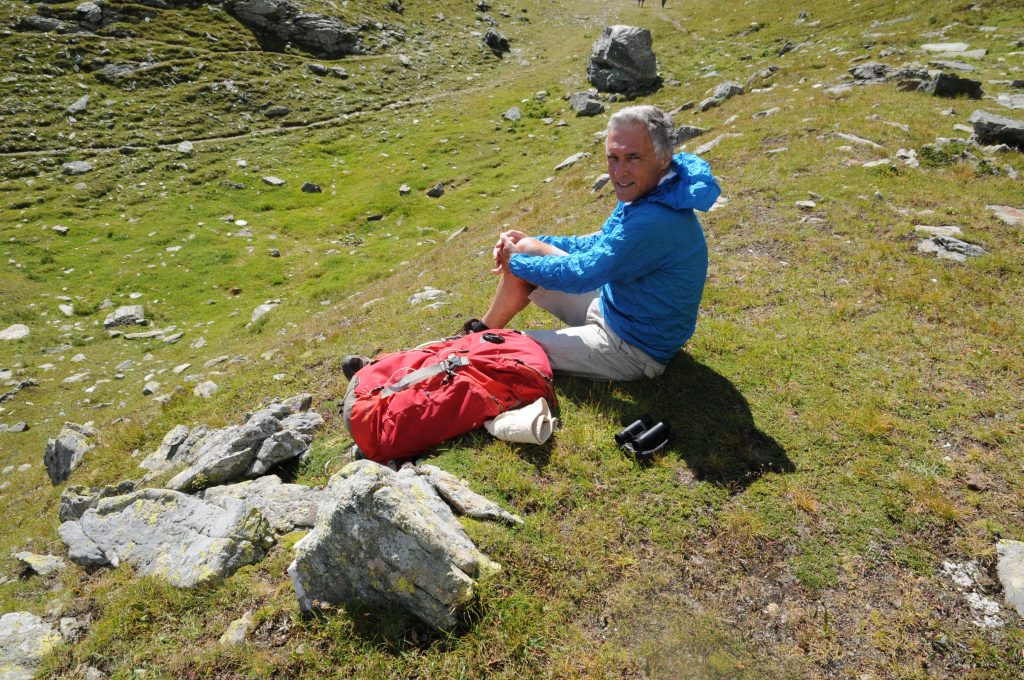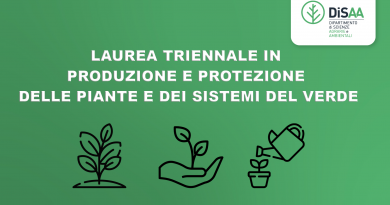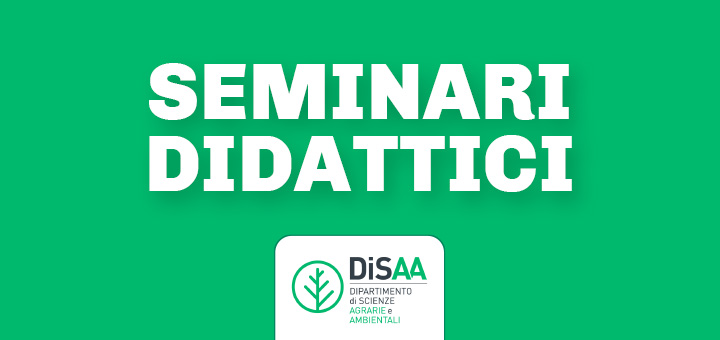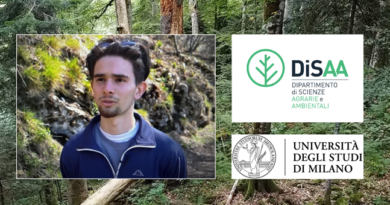#MEETTHEPROFESSORS
In this interview, Matteo Crovetto, full Professor in Animal Nutrition and Feeding at DiSAA, shares his views on the importance of international cooperation and presents the new Master in Cooperation for Rural Agri-Food Sustainable Development, which will kick off next October 2022.
Let’s start talking about raw materials. How comes that their costs increased so much?
The fluctuation of prices depends first and foremost on natural and climatic reasons. If there are droughts or high temperatures, food availability will be less as plants and harvests will be lower…On the other hand, human decisions also influence prices.
How?
In general, the Chicago Stock Exchange governs agricultural commodities worldwide. But for example, if China imports a massive amount of wheat, milk and soya, this would have direct consequences for other countries with lower bargaining power, and this would generate the so-called financial speculation. So, it stands clear how relevant is China in all-economic and productive sectors isn’t it?
Well, around 40 % of humanity lives in China and India.
We, the Europeans, are 500 million, 60 million in Italy, or just 0.8 % of the world’s population.
Is the price of raw materials also influenced by the ongoing war in Ukraine?
Wars have the power to alter the world order and to penalise the poorest. I think of the regions of the Sahel, Sub-Saharan Africa, or those Arab countries that depend on wheat coming from Ukraine and Russia. Food security is missing in these countries.
We often heard talks about food security these days…
Many states depend on what they receive from others. The war that hit the “Breadbasket” of Europe is making things more complicated.
Climate change is already tangible but this was not caused by developing countries.
If you think that Europe in the Middle Age was one-only huge forest. We have left it to the ground to make fields and cultivate it. But now we say to others “your forest is a heritage of humanity, do not touch it”. After the mistakes made in the past, we can no longer deprive ourselves of these “green lungs”… but then, how to allow the poorest to get enough food if their virgin soils cannot be converted into farming?
This is a topic of paramount importance if we consider the population trends. In 2050, FAO estimates that we will reach the 9 billion.
In many other places, among the most populous on the planet, food is still a problem. Almost a billion has not enough of it. This figure has decreased as a percentage of total world population compared to 30 years ago, so we see some optimistic light. However, due to the population growth rate, the absolute number of people undernourished which do not reach the minimum daily nutrient requirements is still the same, about 850 million. Moreover, alongside with undernourished, there are also 2,5/3 billion badly-nourished, for example those with insufficient amino acids, minerals, vitamins and calories per day.
And then we have OECD countries that give food security for granted…
Almost a global dichotomy. We have the opposite problem: to not get fat. Think about obesity rate, those who spend hours on tapis roulant, who follows the last miracle diet before the summer. Superficial behaviour.
Yes, it is a huge paradox.
Vegans and vegetarians are a trend now. However, I think the added value of food of animal origin, introduced in a balanced way, is very important especially during critical stages in life. In developing countries for millions of years they have eaten potatoes, cassava, maize, sorghum, rice and they seek for new taste and food; a better balance between diets and Mediterranean diet is by far the best one. In rich countries, more than half of the protein intake derives from food of animal origin, while in developed countries it does not even reach 30%. We have to reduce it and they should increase it.
How challenging is to prepare a balanced diet?
Well, if you have only 6-7 food ingredients at your disposal, you simply cannot. One negative effect of globalization is that we only have few staple foods, since many of them have disappeared over time and this is dangerous in terms of richness and variety of a diet.
Ingredients’ combination is what makes the real difference.
Yes. Poor diet in some parts of the world like Bolivia, Vietnam, the large majority of the African Continent is the only one option. You cannot eat simply maize, lentils and rice. Milk and its derived foods, as well as meat, eggs and fish are important to fulfil the requirements of a child, of a young boy, of a pregnant or lactating woman. A balanced diet must include amino acids, essential fatty acids, macro and micro minerals, vitamins and energy.
But livestock and meat production do not increase pollution?
Well, there is a USA study that has recently been published that developed a simulated model pretending that no animal at all was bred in USA. What would be the consequences in terms of global warming and human diet? Interestingly, the US would have needed many more fields to produce more maize, soy and guarantee food security for the country. However, for the daily diet of the population this would be a major disaster. According to the simulation, people would have eaten much more pulses for example, but the minimum quantity of many vitamins, minerals, essential oils and amino acids were not met. And in terms of the reduction of global warming? Taking everything into account (using a Life Cycle Assessment method of calculation), there was a reduction of only 2.6% of total emissions. All this effort to have a decrease of less than 3%…. This is simply not worthy. Therefore, livestock is not the source of global warming. Yes, it does contribute to it. The quality of 1 kg of proteins from meat beef, pork or chicken compared to those of 1 kg of proteins from beans/pulses shows how the latter are not enough to meet all the requirements.
Maybe an improvement could be done in terms of livestock management.
We can surely improve it. But let’s be careful. Breeding animals in a less intensive way would lower the production and make the price of the products (milk, meat, eggs…) rise. Who will afford to buy beef at a double price? Would it be possible in Zambia, Cambodia, Kazakhstan?
Same thing for organic food then?
Organic agriculture is welcome, but we must acknowledge that with really 100% organic system, our level of production will decrease by 30-50%.
What’s the solution then?
There is no magic wand to solve the situation. I am afraid this is a cultural problem. Rich countries should revisit their standards. We live above the possibilities given by the natural resources. It is impossible that every person owns a car; everybody goes on holiday…. the consumer society failed somehow.
It won’t be easy; it won’t happen quickly enough I think
Right. We should start. Revisit our way of living by reducing the use of products, foods, and meat. This is also a matter of food sovereignty.
Food sovereignty? What is it?
I’ll explain it with an example. If in Bangladesh a sudden monsoon causes scarcity of rice, and the USA send them maize, food security is ensured but not food sovereignty, since maize is not part of the tradition/culture/taste preference of Bangladesh. Each country should have possibility and develop its own agriculture to be self-sufficient. Unfortunately there is the widespread problem of land grabbing, not used to produce food for locals but for sending products to rich countries.
The whole picture is not reassuring. From where do we start?
I believe in international cooperation, on the work of the NGOs who cooperate hand in hand with locals. Their approach allows developing countries to grow and become more sustainable, from an economic point of view.
Their strength is that they do educate, not impose a solution.
Education is fundamental key, especially when addressed to the new generations.
In fact they are very active and more conscious regarding the environment.
Education is at the basis of an effective and sustainable development. In many years of experience I can tell you, the real critical point is never the technique. Technical aspect can be overcome, as it is just a matter of technicalities. But what about awareness? In terms of respect of the environment and sustainability, our countries should set the example. Developing countries are the victims; they should make their voice heard.
What will be your role into Master COSAD?
I’ll be responsible for the livestock sector of the master. This year it will be the first edition. We put in place a very challenging programme; there will be experts coming from outside, we cooperate with over 20 NGOs active in the field. We want to demonstrate that to make a sustainable development starting from agriculture is possible. We must not forget that the mission of agriculture, and livestock is part of agriculture, to produce food is of paramount importance in terms of circular economy, which in turn is important for the protection of the environment. Agriculture is the only human activity that subtracts carbon from the atmosphere. Also forests do…. but if you look at the trees you starve!
Ah ah, True.
The Masters will have a peer-to-peer method of teaching; we will go through case studies and real examples to understand how to improve the sustainability of our agro-systems.
What’s the role of communication in all of that?
Communication is a strategic tool nowadays, for each and every activity. We must be able to communicate in the proper way to our farmers. Sometimes it is easier to communicate with people with our similar background, where differences do not spike up. In the development and cooperation projects, we will highlight how important is to communicate in the local language of the beneficiaries, using translators in the field, so everybody understands what is going on at every moment and understand why some activities have been implemented.

